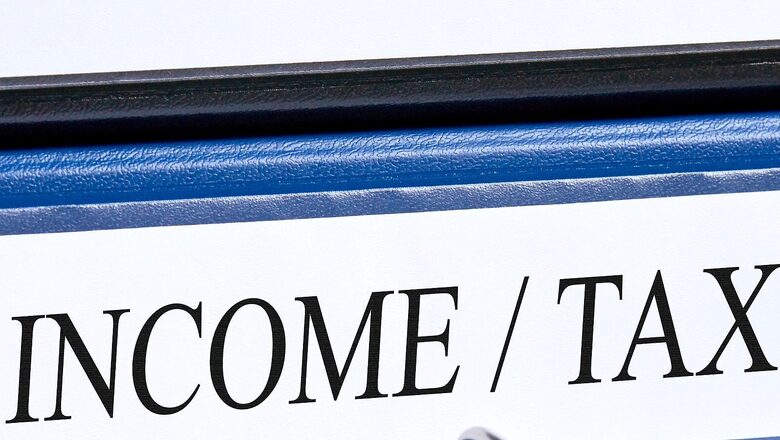
views
Revenue Secretary Tarun Bajaj on Friday said the government is not considering extending the July 31 deadline for filing the income tax return (ITR). So, for now, individuals who do not need to get their income accounts audited must file ITR for the assessment year 2022-23 by July 31.
Over 2.3 crore income tax returns were filed till July 20 for the financial year 2021-22 and the numbers are picking up. Last year, around 5.9 crore ITRs were filed till December 31, 2021, the extended deadline. “People thought the routine now is that dates will be extended. So, they were a little slow in filling the returns initially but now on a daily basis, we are getting between 15 lakhs to 18 lakh returns. This will slightly go up to 25 lakh to 30 lakh returns,” according to a PTI report quoting Bajaj as saying.
The last date of income tax return varies from one taxpayer to another based on categories. Salaried employees and other individuals as well as Hindu Undivided Families, who do not need an audit, need to file the ITR by July 31. However, those taxpayers who need to get their accounts audited, including a working partner of a firm and a company, need to file the ITR by October 31.
“Last time, 9-10 per cent filed on last day. Last time, we had over 50 lakh (filing returns on the last date). This time, I have told my people to be ready for 1 crore (returns being filed on the last day),” Bajaj said, as per the report.
“So far, there is no thinking of extending the last date of filing,” he said. Bajaj said the feedback being received from taxpayers is that the return form has become very easy to file and that refunds are also being made in a very quick time.
Bajaj added that earlier, about 50,000 people were filing returns daily and now this number has gone up to 20 lakh. “I am confident that returns will go up in the next few days and people will file their returns.”
Like last year, this year also, there are two regimes for filing ITR — old regime and new regime. Under the old regime, there are over 70 exemptions and deductions available under the old tax regime, including Section 80C, 80D and 80CCD, among others, to lower the tax burden of the individuals. For investing or spending on specific financial instruments, taxpayers can claim deductions.
Under the new regime, these tax exemptions and deductions have been removed. It is a concessional tax regime under which income of less than Rs 5 lakh is tax-free through a rebate. However, this system has more number of tax slabs and lower tax rates as compared to the old system.
Salaried individuals and pensioners can choose between the old tax regime and the new concessional tax regime in every assessment year as per their convenience.
Read all the Latest News, Breaking News, watch Top Videos and Live TV here.



















Comments
0 comment